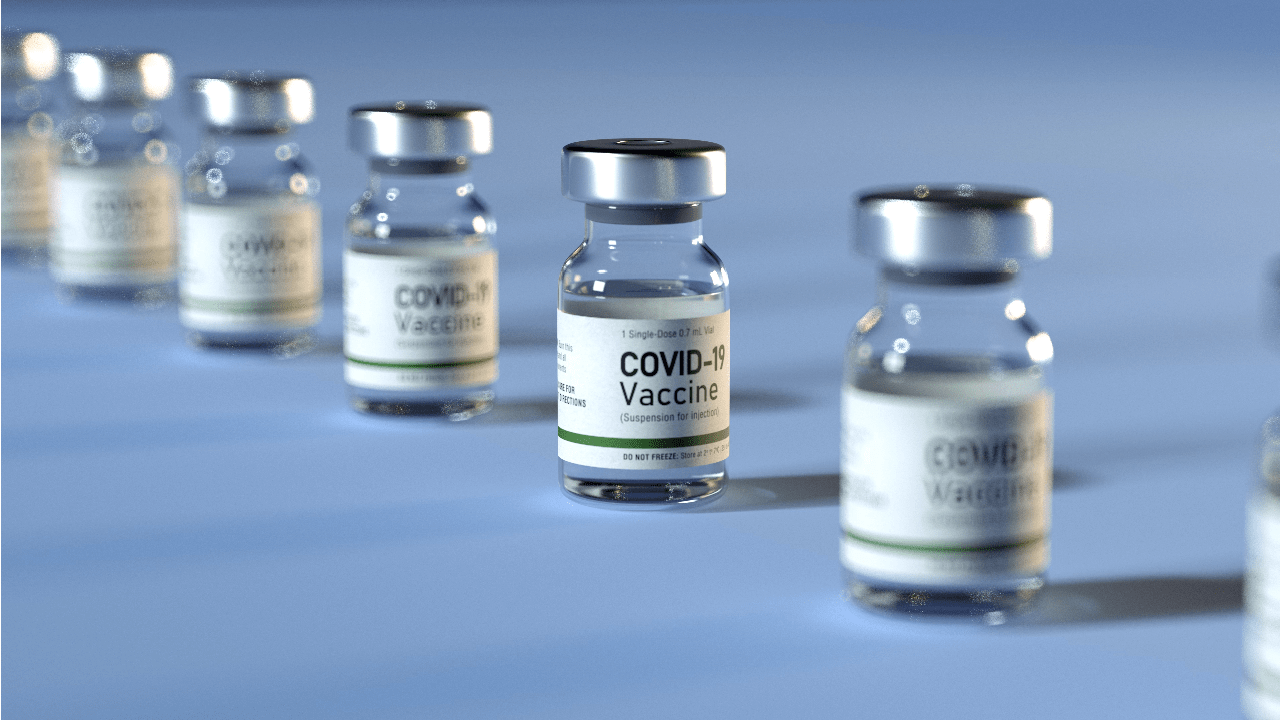On 9th September 2021 the Department for Health and Social Care launched a consultation, the results of which were published on 9th November 2021. The Government has decided that they will be introducing regulations to only allow providers of CQC-regulated activities to deploy individuals who have been vaccinated against COVID-19 to roles where they interact with patients and service users, unless exempt.
Position Pre-Consultation
As of 11 November 2021 anyone entering a Care Quality Commission (CQC)-registered care home (which provides accommodation together with nursing or personal care) must be fully vaccinated unless exempt. As of 31 October 2021, more than 2.6 million health and social care workers have now taken up the COVID-19 vaccination.
However, nationally, 93% of NHS workers have received at least one dose of COVID-19 vaccination, but regionally, this is as low as 84% in some trusts. In social care, 83% of domiciliary care staff and 75% of staff in other settings had received one dose of COVID-19. This raised concerns as to the need to protect people receiving care and the workforce.
Outcome of the Consultation
Overall the consultation showed that a majority of respondents (65%) did not support the proposal. Notwithstanding this, seen as a necessary means to help protect people receiving health and social care, the Government will introduce regulations to only allow providers of CQC-regulated activities to deploy individuals who have been vaccinated against COVID-19 to roles where they interact with patients and service users, unless they are exempt.
The regulations will apply to workers who have direct, face-to-face contact with people while providing care. This will include front-line workers as well as non-clinical workers not directly involved in patient care but nevertheless have direct face-to-face contact with patients, such as receptionists, ward clerks, porters and cleaners.
This will cover workers providing care in health and social care settings including, but not limited to, hospitals, GP practices and also in a person’s home.
The Government considered whether some CQC-regulated activities carried on in residential or impatient settings, such as rehabs, hospices and registered extra care and supported living services should be in scope. However, the Government has decided not to include ‘other settings’ such as these at this stage. This will be kept under review.
The requirements will apply to CQC-regulated activities whether they are publicly or privately funded. They will also apply where a regulated activity is delivered through agency workers, volunteers or trainees, or contracted to another provider.
Some individuals will be exempt from the regulations:
- those under the age of 18.
- those who are clinically exempt from COVID-19 vaccination.
- those who have taken part or are currently taking part in a clinical trial for a COVID-19 vaccine.
- those who do not have direct, face to face contact with a service user, for example, those providing care remotely, such as through triage or telephone consultations or managerial staff working in sites apart from patient areas.
- those providing care as part of a shared lives agreement.
Shared Lives caring arrangements are excluded from the requirements.
It will be the responsibility of the CQC-registered person, either the service provider or registered manager, to ensure that only those who have provided evidence that they have been vaccinated against COVID-19 are deployed. Those health and care workers who may be exempt will need to provide evidence of their medical exemption to the CQC-registered person before they can deliver care.
The regulations will not come into effect until 1 April 2022. This is due to the main area of concern being the impact on workforce capacity and the timing of implementation, with many representative bodies calling for a longer period of preparation and implementation, to take effect after winter, coupled with emphasis on vacancy rates already being high.
The Government’s response to the consultation has also clarified that mixed doses (that is, where different vaccines have been administered) will be accepted for the purposes of the vaccination requirement and that boosters will not be required in addition to the full course of vaccination
Finally, the Government considered the concerns raised in relation to introducing mandatory flu vaccinations and has decided not to introduce such requirements at this time.
If you would like to discuss this further, please contact Katie Maguire, Partner in our Employment Team and Employment lead in the Devonshires’ Care Group.
